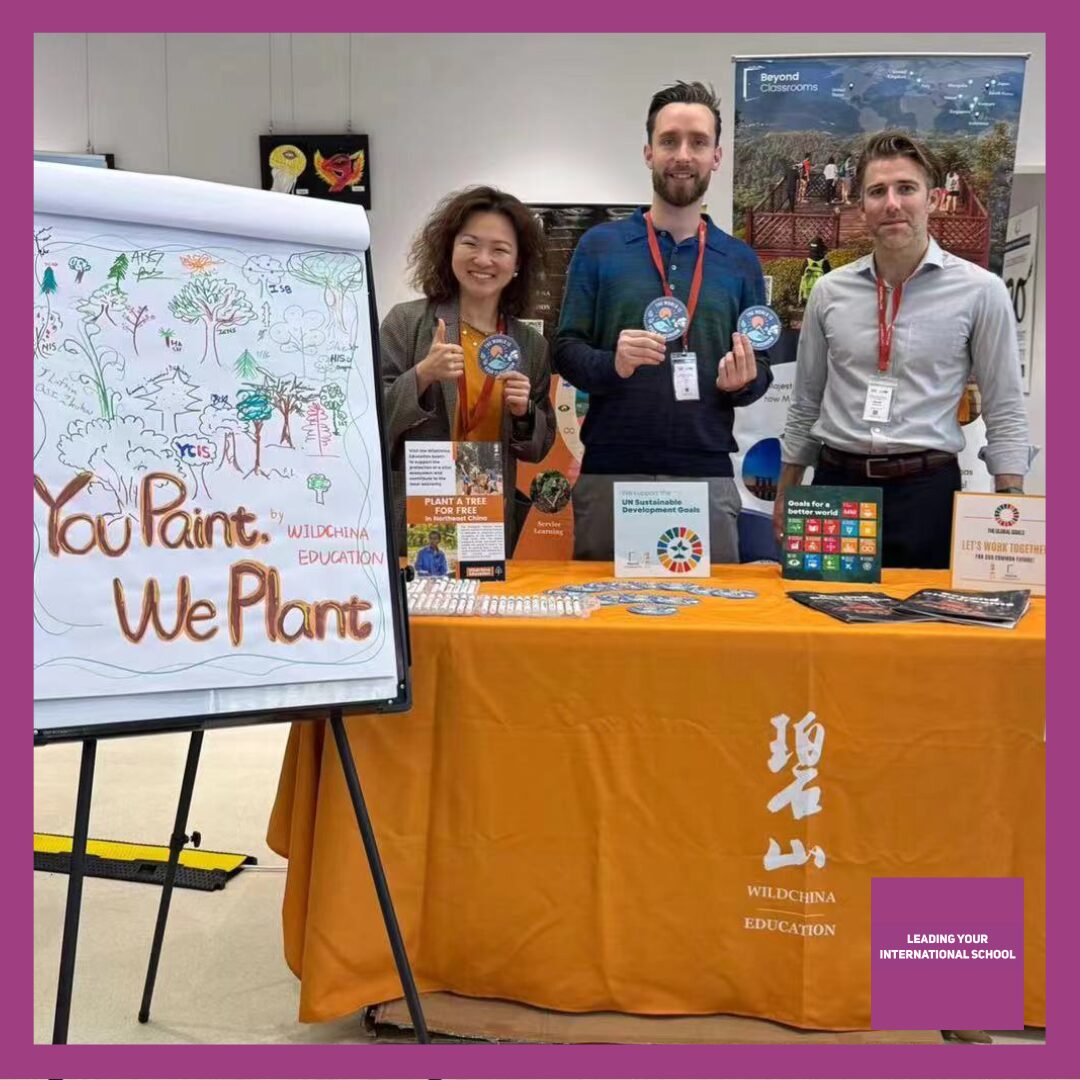by LYIS
Recently, Leading Your International School’s Strategic Partner WildChina Education was back at the Association for Chinese and Mongolia International Schools (ACAMIS) annual meeting this year. Tom Lewis – Head of Business Development at WildChina, writes the following.
It was a great couple of days at the futuristic Hangzhou International School Campus. This event is over a year in the making, so we appreciate both organisers, especially the HIS staff, who gave up their time to ensure that we were well looked after throughout the conference.
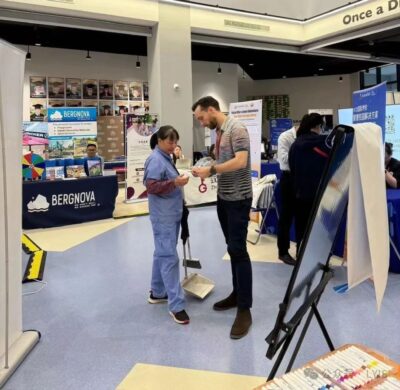
From our industry perspective, it is clearly buzzing. Nine other experiential/outdoor education companies exhibited there, and a couple more representatives from different companies attended the conference individually.
So, what does this mean?
It depends on which way you look at it. School trips or outdoor learning experiences are so valuable in a number of different ways. Many of the students that go to the schools we work with spend their lives in megacities, and although there is green infrastructure in plenty of these places, they offer few opportunities to embrace and interact with nature. Moreover, many students in these schools hail from extremely privileged backgrounds. They may travel a lot with their families, but how often do these travels allow them to truly see and understand what life is like for those born into circumstances less fortunate than themselves? The experiences companies in our industry can provide students are extremely necessary, especially in helping students manage their mental health and promoting global citizenship. It is great that so many different companies can operate, and the demand is so high.
On the other hand, it shows that schools are spoiled for choice when choosing a provider. Trust me, ACAMIS is only the tip of the iceberg. The government in China has identified learning outside the classroom as a key component of Chinese education; for some companies, this means financial and infrastructure backing across the industry.
WildChina Education Director Haena Kim recently attended the World Heritage Research and Travel Seminar in Quanzhou, Fujian Province. Thousands of attendees from all around China attended to discuss experiential education in China. The clear area of interest at the conference was in promoting intangible cultural locations and activities as valuable educational resources. Health & safety, on the other hand, was approached more from an assumed compliance perspective as opposed to a training/SOP mindset.
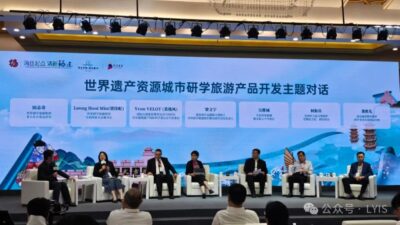
A lot can go wrong when taking your students on outdoor adventures, so do your due diligence. It is all well and good to find a provider that will offer you a financially beneficial rate, but make sure you are mitigating the risks. Prioritise going on a pre-program recce (no matter how far away) to check locations and equipment. If outdoor learning will be a staple of your yearly calendar in the future, it may be worth looking into getting some of your staff Wilderness Advanced First Aid (WAFA) trained.
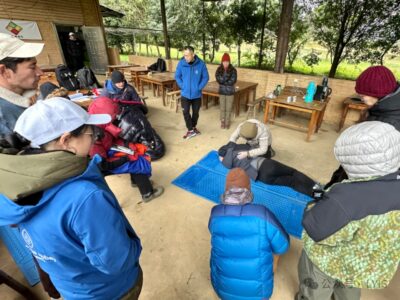
Another idea is to occasionally send someone from your procurement department (or finance team) on a trip. I know this is difficult due to time constraints, but if your operational colleagues are going to be a major factor in choosing a provider, ensuring they understand what the whole experience is going to entail will be crucial.
Back to ACAMIS. It was my second visit, and it is always fun to meet old friends and make new connections. Invariably, the selection of seminars and workshops is diverse, meaning there is something for everyone. This year, we were delighted to have our very own WildChina Education Seminar, led by Dan Casey-Dunn, who spoke about service learning in China, how we make it truly meaningful and why it is essential to make service learning projects less student-focused and more about outcomes for the community in which they do the service.
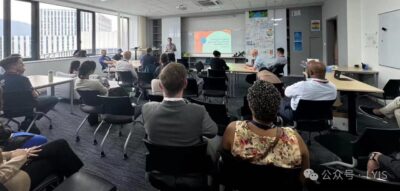
This is a challenge in China due to how inaccessible communities in need are and how student-outcome-focused the international education system is. The solution though, is long-term and not to expect perfection from the off. I recommend you sit down with your provider and let them find a service project that suits your school’s needs. Then, open a dialogue with all stakeholders to find out, within your capability as a school, what is the most beneficial thing you can do for them. It might not result in something big and shiny being built and creating the perfect photo for your marketing channels, but it is the best formula for making a difference.
To wrap things up, I want to touch on what we were giving away at ACAMIS. This year, we had two things: WildChina-branded seed paper coasters; and for every passerby who drew a tree on our board, we will plant a tree on their behalf. Promoting sustainability motivates many people who work in the WildChina sphere, so we are always delighted to connect that passion with our clients. If you would like any seed paper sent to your school (we have tomatoes, lettuce and lavender seeds) or if you would like us to come onto your campus to help promote sustainability to your student and parent community, we are always more than happy to visit.

Tom Lewis is the Head of Business Development at WildChina Education
To connect with Tom on LinkedIn, click here
In the Leading Your International School, we value:
Sustainability
Ethical Leadership
Opportunities
Leading Your International School is proud to partner with WildChina Education

